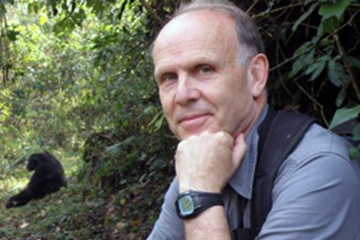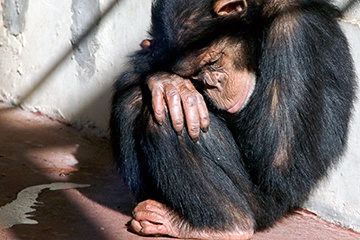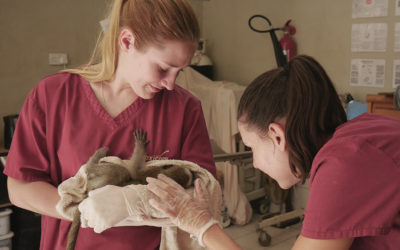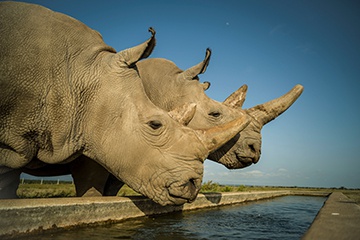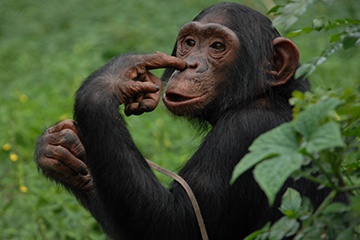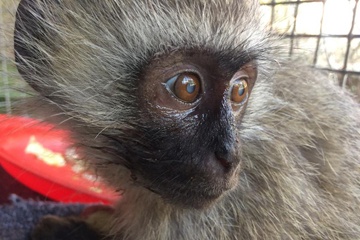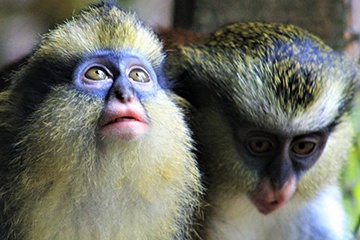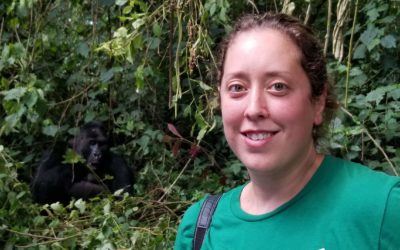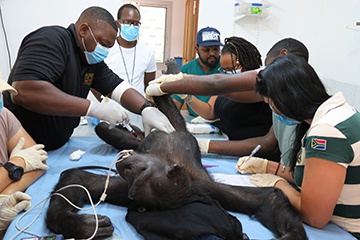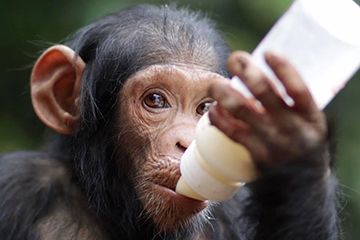Empowering Women Through Conservation
Offering Opportunities for Women Is a Responsibility Conservationists Should Consider
By Natasha Tworoski
Conservation efforts can often carry a despairing feeling of moral conflict, particularly in countries with high levels of poverty and severe human rights issues. Is it right to demand a community not to hunt native species when they are facing famine, disease and sometimes even war? Some conservation groups are finding incredibly successful ways to create a win-win outcome. Even more impressively, some organizations are reaching out to women specifically, who frequently are not provided the education or training needed to get started in small business management.
In Colombia, Proyecto Titi is a conservation organization working to protect the last cotton top tamarins. This small monkey only exists in one area of Colombia and is listed as critically endangered. Due to their tendency to develop colon cancer, over 20,000 monkeys were taken from the wild in the 1970s for laboratory research. While laws today have successfully stopped this threat, the illegal pet trade and habitat loss continue to cause the monkey’s numbers to dwindle. Proyecto Titi combines field research and public outreach to work towards saving this special monkey.
Additionally, Proyecto Titi has instituted a wildly successful program that started with organizing a women’s artisans cooperative. This co-op consists of local Colombian women who receive training on how to run a small business, as well as how to make traditional Colombian style bags (“eco-mochillas”), plush cotton top tamarin toys and more (Shop here …). This provides women with a way to support their families, allows Colombians and their native wildlife to have a win-win situation, and even reduces waste by weaving plastic bags to create the eco-mochillas. So far they have recycled over three million plastic bags! The United Nations Development Program has awarded them the “Equator Prize and Received Special Recognition in Waste and Pollution Management” and their product selection continues to grow.
Hop over to one of Africa’s most politically unstable countries, the Democratic Republic of Congo, and a new success story is emerging. The famous Virunga National Park is best known for being home to mountain gorillas, but you can actually find 50% of African species located within its borders. Due to ongoing guerilla warfare amongst rebel groups, being a ranger of the Virunga National Park is a highly dangerous job. On average, one ranger is killed every month in the park. These rangers often leave behind a family that no longer has a source of income. To ensure a future for these women, “Virunga’s Sewing Workshop for the Widows of the Fallen Rangers” opened this year, providing these widows with much-needed training. Currently, products made by the women such as napkins can only be bought within the park, but they plan to work towards making the items available online for global purchase.
Offering opportunities like these is a responsibility we as conservationists should consider as we work towards a brighter future for all of us.
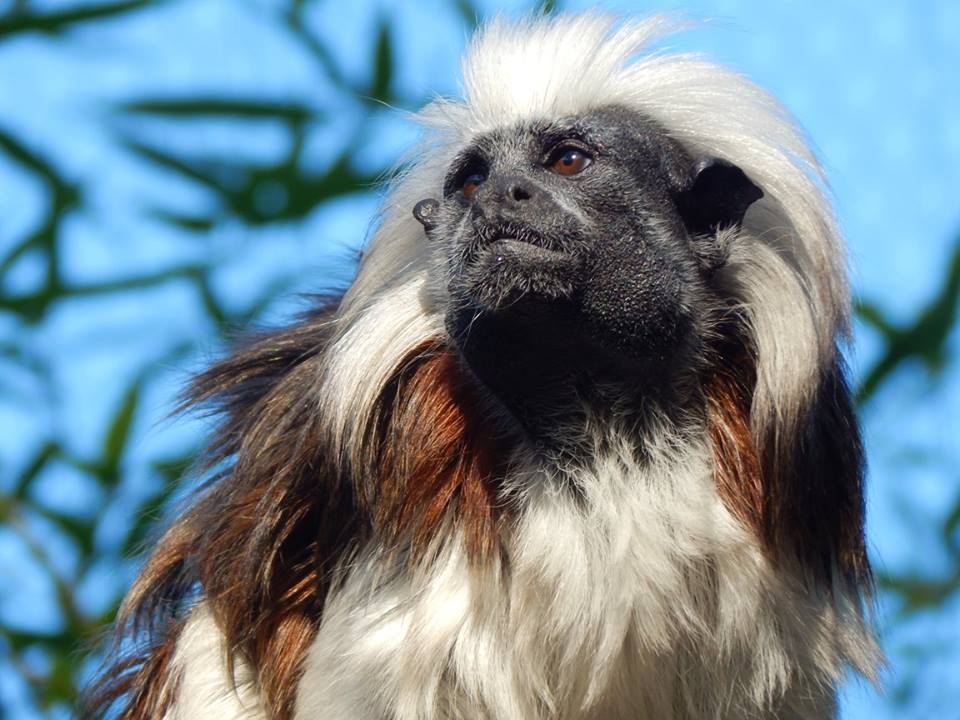
Proyecto Titi is a conservation organization working to protect the last cotton top tamarins. This small, critically endangered monkey exists only in one area of Colombia.
Next Posts
PASA Interviews Richard Wrangham
The Harvard primatologist and long-time PASA board member believes wildlife centers have a crucial role to play in the protection of endangered primates.
How the Illegal Pet Trade Endangers Primates
PASA’s new petition takes on social media giants on behalf of apes and monkeys. You can help!
Lilongwe Wildlife Centre: Malawi’s Only Wildlife Sanctuary
Rescues, rehabilitation, and the largest environmental education program in Malawi.
Saving the Last Remaining Northern White Rhinos
Dr. Stephen Ngulu of Sweetwaters Chimpanzee Sanctuary plays a crucial role in northern white rhino recovery.
Six Simple Ways Anyone Can Help Save Africa’s Primates
Here are some ideas you can incorporate into your life that make a difference toward saving Africa’s primates.
Caring for the Most Vulnerable
The Vervet Monkey Foundation has rescued a number of blind monkeys, some of whom lost their sight at the hands of humans. Sanctuary staff work hard to keep these special-needs primates safe and provide them with companionship.
Healing Orphans, Saving Lives: The Incredible Work of Ape Action Africa
Ape Action Africa is protecting Cameroon’s great apes through direct action, including rescuing orphaned gorillas, chimpanzees and monkeys, giving them a safe forest sanctuary home where they can live with their own kind.
Volunteer Spotlight: Meet Natasha
Long-term volunteer Natasha Tworoski shares her thoughts on PASA, the importance of sanctuaries, and how she got involved in the fight to protect primates.
On the Frontlines to Save Primates: PASA’s 2019 Veterinary Workshop
PASA veterinarians convene in Cameroon to discuss conservation, disease, and saving humanity’s closest relatives.
Life at Lwiro Primate Rehabilitation Center
Volunteer Natasha Tworoski shares her observations after visiting legendary PASA sanctuary, Lwiro Primate Rehabilitation Center.

